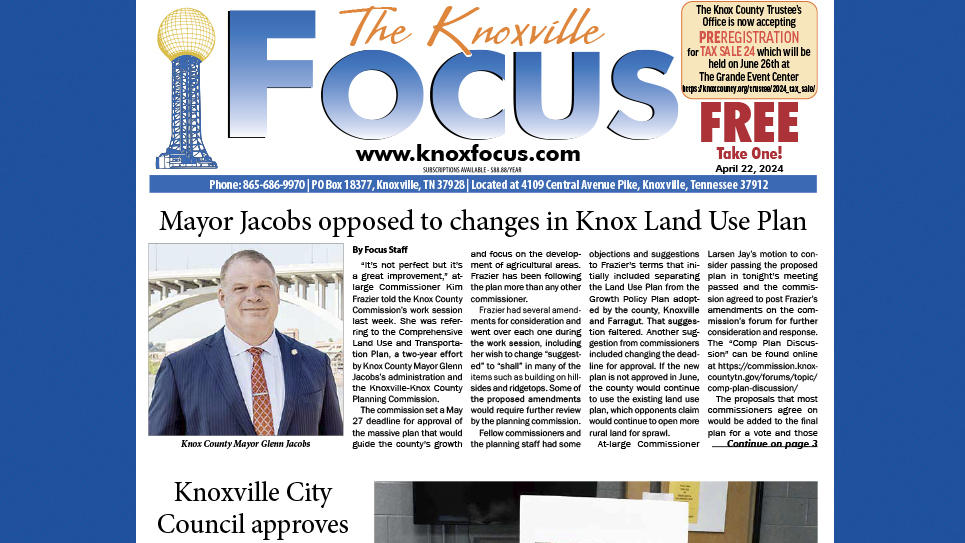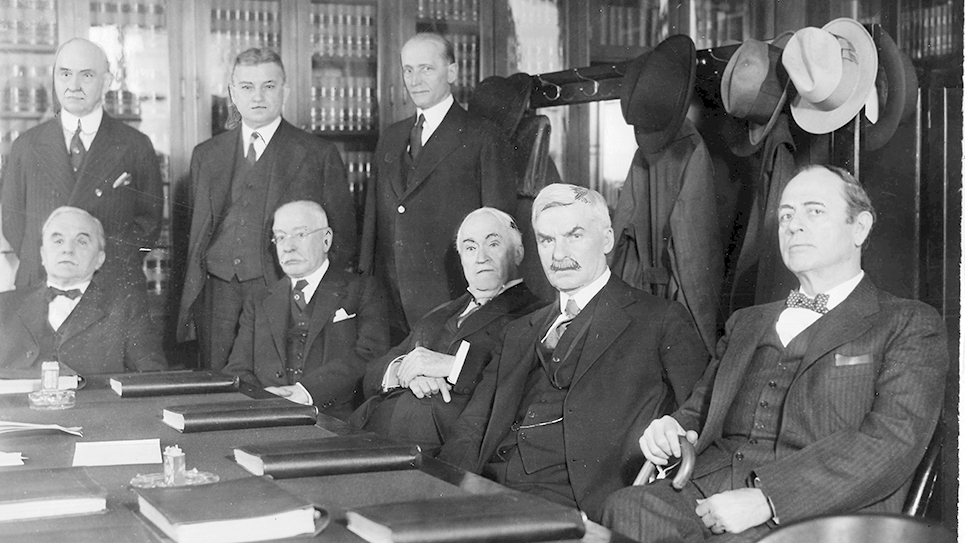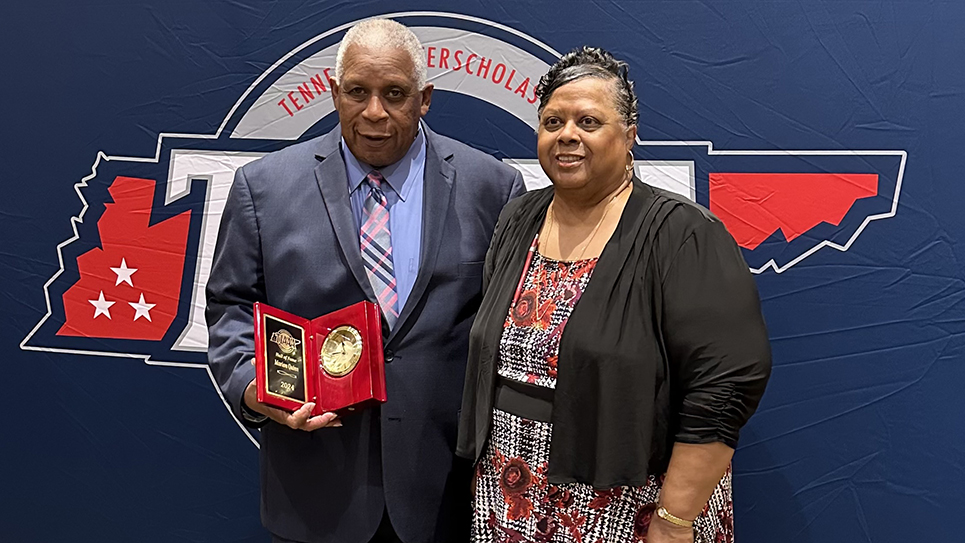Over the past few months, KCS facilitated a series of over 40 school and district-wide meetings to discuss year round education (YRE), or “balanced” calendar. But while parents were generally notified, few others in the community were aware the meetings were taking place.
The purpose of the meetings, which had very little in the way of specific information available (cost, transportation, details about intersessions and enrichment opportunities), was to get feedback from the community. The KCS website states, “Any move to a balanced calendar would require significant stakeholder input that includes teachers, staff, parents, students and community organizations.” What about the taxpayers?
Some meetings, for example in the Halls, Powell, and Karns communities, were conducted using the Delphi technique – a facilitator giving information, and then the attendees breaking into smaller focus groups, where they were led to “consensus by dialogue,” and in some cases, a vote. Other meetings, such as those at West and Gibbs, abandoned that strategy and a more honest, open discussion resulted.
All meetings included a PowerPoint presentation defining “balanced calendar” or YRE. Facilitators (usually principals, but some Central Office administrators facilitated meetings) said this is NOT year round school; it is simply taking the current 180 school days and separating them by longer (2 to 3 week) breaks. This reduces the summer vacation to somewhere between 5 and 8 weeks.
But the stated purpose of a change in calendar is to provide additional intervention during the “intercessions” for struggling students. Enrichment classes could also be offered for non-struggling students. In either case, students would give up 3 to 5 weeks of their summer vacation to spend more time in school. What is balanced about that?
KCS cites input received from over 1000 online surveys during the 2020 Strategic Plan process, in which “stakeholders mentioned a balanced calendar 50 times as something they would like to see in the future. Changes in scheduling were mentioned 170 times.” But “changes in scheduling” has no point of context. It could mean block scheduling versus traditional class scheduling, or even a longer lunch period. It may have nothing to do with the school calendar. Fifty people mentioning balanced calendar out of 1000 surveys (5%) is hardly a groundswell of community “stakeholder” response.
One of the most important considerations is cost. And yet, there is no definitive cost information available. Participants at a Karns area meeting were told the cost of intervention would be “around $7M.” McIntyre told the board the cost would be “between $0 and $20M.” That is quite a range. Clearly, KCS has not done any significant research into the cost of this initiative.
One parent told the Focus, “The most important takeaway was the comment that the “intercessions” in which intervention and enrichment is supposed to take place, and which create the cost, cannot be mandated for those failing students to attend. By law parents ensure their children attend school because the threat of truancy looms. There is no such threat with intervention and/or enrichment during these intercessions. They are not obligated in any way to attend. So, in my opinion, I believe we are being sold a program “to help those children in need” which will never materialize and we’ll be on the hook for another $20 million.”
Because KCS gave principals autonomy in how the community meetings would be conducted, the reaction of those who attended varied greatly across the county.
Bearden High parent Ron Raymond attended both meetings at Bearden, and also meetings at West and Gibbs, and his wife attended the meeting in Karns. Raymond said the BHS principal (Dr. Bartlett) is a “huge fan of balanced calendar,” and was unapologetically promoting a calendar change. Unfortunately, both meetings at BHS were cut short due to other scheduled events, so the participants only had the chance to ask about 4 questions. Many left feeling frustrated and confused.
He said the presentation was more neutral at West, and that West principal Mrs. Banner said she was “uncomfortable” about the lack of specific details she had to give the attendees.
That was also the case in Gibbs, where principals Jason Webster (Gibbs HS) and Ashley Jessie (Holston MS) facilitated. Unlike other presentations where Oak Ridge, Alcoa, and Maryville are cited as the models to follow, Webster and Jessie said KCS should look at Metro Nashville and other large districts. They were apologetic that they had no specific information on cost, transportation, intervention/enrichment, or answers to many of the questions that were asked.
Commissioner Dave Wright and BOE member Mike McMillan also attended the Gibbs meeting. McMillan said that Dr. McIntyre has agreed to add a third option to the upcoming survey; the current traditional (please don’t call it agrarian) calendar. He then asked what people thought about the current calendar with a week off for fall break. Those in attendance almost unanimously agreed that was the best option. There was vehement opposition to the 9/3 calendar, and only minimal support for a 9/2 calendar.
KCS also held two meetings last week for Childcare providers. The meeting at West HS last Tuesday was facilitated by Dr. Alvez and Russ Oaks. There were eight attendees, including Pam Walker, Director of Kids Place, which provides on-site after school care for KCS. Personnel from Head Start and two other contracted after-school care providers were also present.
One private preschool Director, Susan Todd of Fountain City Methodist Preschool, attended the meeting. She said that many part time preschools in Blount Co. went to full time when balanced calendar was implemented but, “We’re not sure we are interested in doing that.” It would be interesting to hear from the hundreds of other private and part time daycares and after-school providers in Knox County, but again, very few people were aware of these meetings.
Staff from on-site centers voiced concerns about staffing, and whether or not they would have access to the school buildings during the break times. Walker said, “Our working parents are scared to death about this…they don’t feel empowered to voice their concerns to KCS.” She said she has already seen an increase in “latch-key kids.” Currently they aren’t allowed to use school facilities during breaks. Russ Oaks said this is due to scheduled maintenance such as painting and floor refinishing, which can’t be done with children in the building. How would that work with interventions and enrichment during that time?
Dr. Alvez also said KCS could use some of the intercession days for teacher in-service (so much for the “much needed break for teachers”).
There is a perception that the community meetings were for show only. Cost will certainly be a factor. It is irresponsible for KCS to survey the “stakeholders” without a detailed fiscal note for each of the options put forth. How much more will a 9/2 or 9/3 calendar cost? What will the intervention cost? What about childcare? Is this like the federal law we had to pass, so we could know what is in it?
Metro Nashville tried for several years to pass a balanced calendar. They finally settled on a 9/2 calendar, with school starting on July 25. But when they looked at cost, they backed off and started a week later, reducing the fall break to one week. They also eliminated the interventions. These changes saved the district $20M over the full 9/2 with intervention. But it also negated the stated purpose of changing to a balanced calendar. Sounds like the goal is churn and disruption.
Many people asked what the research shows about the benefits of year round education. Next week, the Focus examines the research listed on the KCS website, as well as some additional studies.






